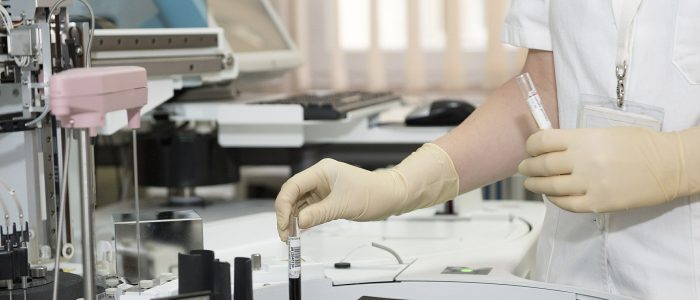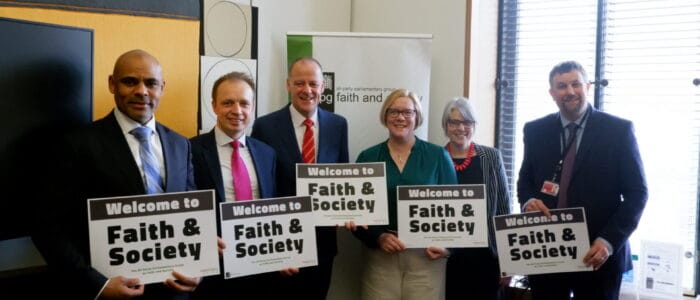Cancer and COVID-19: How can you help?

Within health and care this past year, there has been one pressing issue on most of our minds, as well our news feeds. But amidst all the upheaval and tragedy of the current pandemic, it’s clear that the long-term impact of COVID-19 on the health of our nation will be felt not just in the risks of one disease, but also its indirect impact on other services.
Which brings us to another C-word: cancer. Hundreds of thousands of NHS patients have had a lot more to think about this year than just COVID-19. Anybody undergoing chemotherapy, for example, has lived with the reality of being “extremely clinically vulnerable” and the accompanying life adjustments this has entailed. There are those, too, who have needed cancer referrals, scans or surgery within a health service at full capacity. And then there are people not yet diagnosed, who are perhaps noticing worrying symptoms and wondering whether to book an appointment with their GP.
Here are some stark statistics: at the peak of the pandemic, NHS services saw a quarter of the number of urgent cancer referrals that they would normally expect. This was not, in the most part, due to GPs not referring people when they should have been, but due to people not contacting their GP in the first place. That’s around 350,000 people with symptoms that could be cancer not getting the referrals, scans and treatment that they need. A similar lag has happened with cancer screening. In September, it was estimated that 3 million people who should have been screened had not had an appointment.[1]
The good news is these numbers are picking up again, but there is still a gap. And, worryingly, figures are recovering slower in more deprived areas, and among black and minority ethnic groups. In other words, the impact of the pandemic on cancer services is following the same pattern of inequality that COVID-19 itself magnified.[2]
Even before the pandemic, these communities faced barriers. Awareness of signs and symptoms of cancer has been shown to be lower, for example, across all ethnic groups in the UK than the white population. But it is becoming increasingly recognised, too, that fear – sometimes termed “Fear of Finding Out”[3] – is a significant barrier to people seeking help, or visiting their GP with symptoms.
Last year, we ran a focus group in Birmingham to hear women’s experiences of breast cancer screening, particularly those from minority ethnic groups. Participants reflected on the stigma around cancer in their communities; one lady told us that she had repeatedly missed cancer screening appointments simply because she was afraid. This isn’t just a fear of illness, but of the embarrassment and taboo that can often shroud the issue of diagnosis – factors that mean, for many of us, cancer just isn’t talked about as much as it could be.
But as people of faith, and leaders of community-based services, we should be talking about cancer. And not in hushed tones, or with letters omitted, but with confidence and hope. So often our conversations, and messaging, around cancer is set to sombre music and dimmed lighting; addressing cancer in this way can lead to even more fear and worry – like that experienced by the lady at our focus group.
Hope is a far more powerful motivator. The goal, after all, is to improve the likelihood of successful treatment, and we know that for many cancers, early presentation greatly affects chances of recovery. We need to ensure our communities are aware, and on the front foot.
The NHS and Public Health England are working to get this message out. The “Help Us Help You” campaign, with resources around cancer signs and symptoms, is a good example. If you’d like access to these resources to use within your community do get in touch. We’d love to know what you think, and how you make use of them.
In times like these, we can do our bit to help. It ought to be said again: people from deprived areas, and minority ethnic groups, are returning to the NHS slower than others. Our faith groups, at the heart of Britain’s diverse communities, are uniquely positioned as trusted messengers to these communities – whether regarding COVID-19, vaccine uptake, or other health issues that continue to affect us. Whatever we’re facing as this year draws to a close, hope is needed now more than ever.



